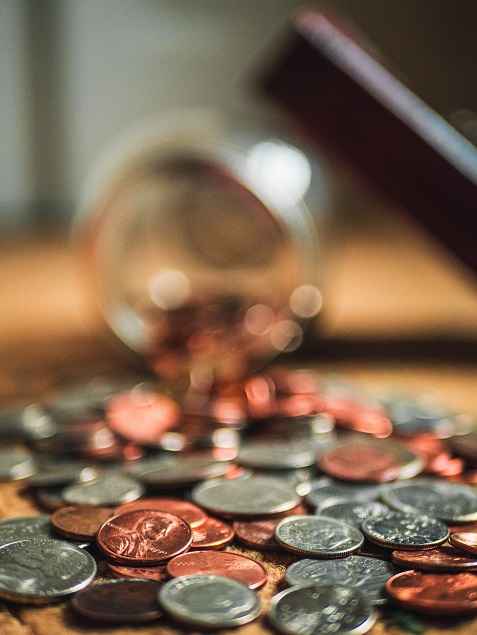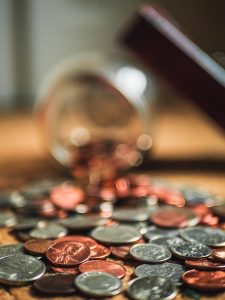
But God
 Why should I fear when evil days come, when wicked deceivers surround me— 6 those who trust in their wealth and boast of their great riches? 7 No one can redeem the life of another or give to God a ransom for them— 8 the ransom for a life is costly, no payment is ever enough— 9 so that they should live on forever and not see decay. (Psalm 49:5-9)
Why should I fear when evil days come, when wicked deceivers surround me— 6 those who trust in their wealth and boast of their great riches? 7 No one can redeem the life of another or give to God a ransom for them— 8 the ransom for a life is costly, no payment is ever enough— 9 so that they should live on forever and not see decay. (Psalm 49:5-9)
This pandemic has shown just how frail our earthly security really is. For most of our lives, in the prosperous West at least, we could count on our health and wealth. The coronavirus, however, has attacked the former directly, and because of the resulting economic shutdown, devastated the latter indirectly. This forces us to reckon with a question we’d often rather leave unanswered: in what do we really trust?
The psalmist doesn’t fear the evil days (and I think these would qualify), but those “who trust in their wealth” should (verse 6). No amount of money can guarantee the future—and it certainly can’t stave off death, the final page of every earthly journey. How foolish, then, to live our lives as though prosperity—a good job, a healthy 401k, excellent healthcare—can keep us truly safe. In our own strength, we cannot redeem our lives, pay the ransom we owe, so that we “should live on forever and not see decay” (verse 9).
“People, despite their wealth, do not endure; they are like beasts that perish. This is the fate of those who trust in themselves” (verses 12-13a). What, then, is our hope? In verse 15, we read those two sweetest words in all of Scripture, “But God.” We cannot redeem ourselves; “But God will redeem me from the realm of the dead; he will surely take me to himself.” On this side of the cross, Paul explains the “but God” moment with far greater clarity: “But because of his great love for us, God, who is rich in mercy, made us alive again with Christ even when we were dead in transgressions—it is by grace you have been saved” (Ephesians 2:4-5). How precious the truth! How solid the hope!
Our future is secure in God, who saves us by grace because of his rich mercy (and not our performance). Trust in him—not in wealth or health.
